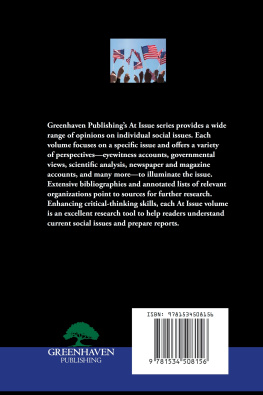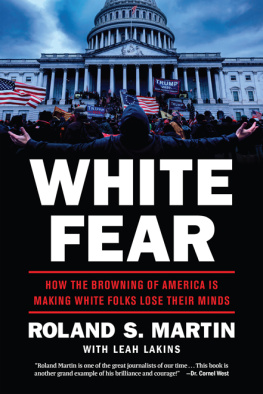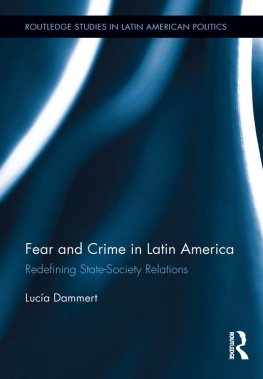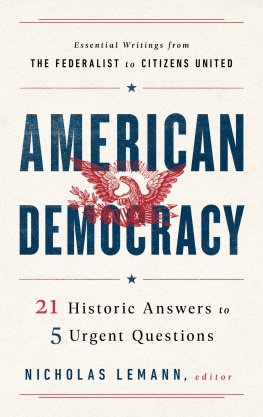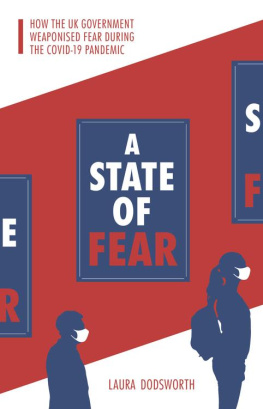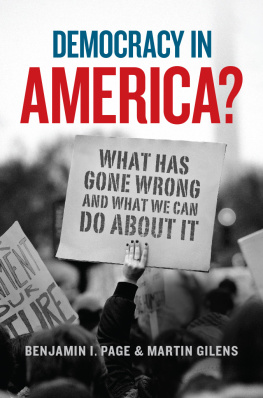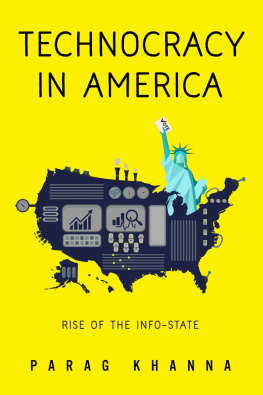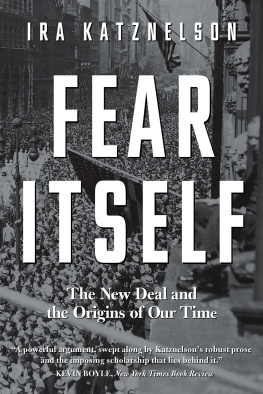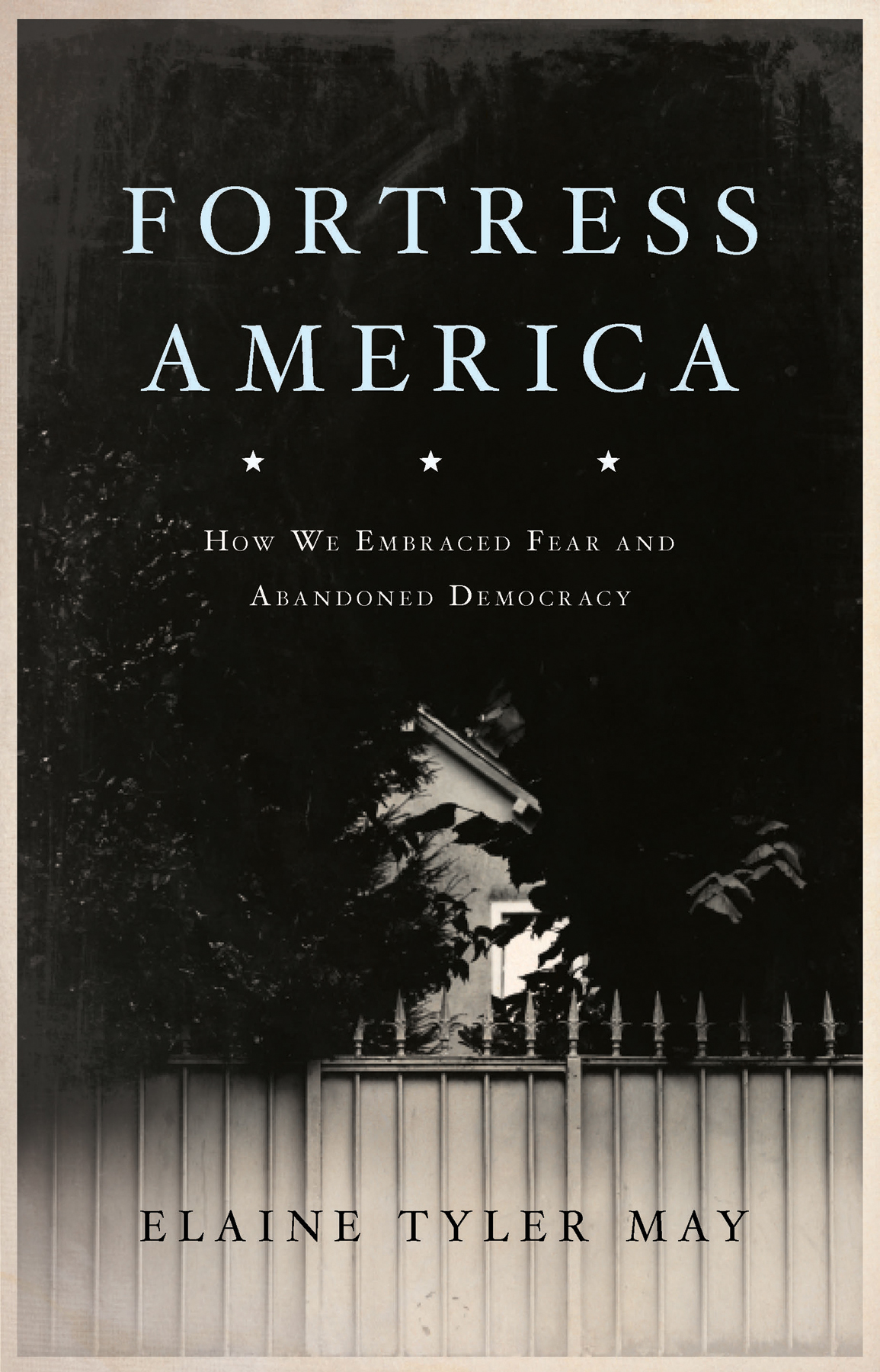Fear is a potent force in America, and it has taken many forms throughout this nations history. Perhaps at no point was fear more widespread than in the years after World War II, which witnessed major political, social, and cultural upheavals. In particular, fears of atomic attack, communist subversives, crime, and physical harm at the hands of strangers have affected social norms, election results, public policies, and daily life. This fear has generated the security state defining the place of the United States in the world ever since the early years of the Cold War. At the same time it has fostered a security culture, a bunker mentality, within the country. This book is an effort to understand how that state of mind developed, how it evolved throughout the twentieth century, and what it has meant for the nation and its citizens up to the present day. Why have Americans become so fearful? How has that fear been expressed and addressed in the nations culture, institutions, and laws? What have citizens done to achieve personal safety and security?
Americans learned to fear dangers from both inside and outside the country in the early years of the Cold War and the Atomic Age. Citizens came to believe that the government would not protect them, so they had to protect themselves. Over time, they turned their attention to other presumed dangers, especially crime and social unrest. Fear increased far out of proportion to any real threat, leading millions of Americans to undertake security measures that did not make them any safer.
Misplaced fear drove Americans away from true security. To be secure is to be safe, out of harms way, and to have the essentials for a comfortable life: adequate food, shelter, and clothing. In the United States, security is embedded in the nations founding documents, particularly the Declaration of Independence, which promises the right to life, liberty and the pursuit of happiness. Traditions of individualism and free enterprise embody the belief that security originates from self-sufficiency. American democratic practices foster an expectation that virtuous citizens who work hard will be rewarded with security, the good life, and the fulfillment of the American dream. Although throughout the nations history large numbers of Americans never had the opportunity to achieve this level of security, it has remained an aspirational goal and a national ideal.
There was never a golden age of security. But there were moments in the twentieth century when citizens and policymakers believed that the government had a responsibility to create the conditions in which Americans could achieve safety and a decent standard of living. Those moments resulted from two beliefs in particular: that the government was a force for social betterment, and that all citizens shared responsibility for the common good. That vision was never perfectin fact, it never fully became realitybut it had political, cultural, and social traction, especially in times of hardship.
One such time was the Great Depression of the 1930s. The economic crisis moved large numbers of Americans to abandon the belief in self-sufficiency and turn to the government for assistance. At that time, for most people, insecurity was understood in economic terms. President Franklin D. Roosevelts New Deal offered programs, such as Social Security, to provide a safety net for the many Americans who had lost jobs, income, and opportunities. The New Deal rested on a widely shared belief that the government had a responsibility to assist citizens in need.
The safety net did not reach everyone, however. African Americans who worked as household workers or sharecroppers were not included, for example; nor were many others who labored at the edges of the economy. Indeed, the vision of security that prevailed prior to World War II belonged largely to the white middle class. It rested on hierarchies of race and gender that many white Americans believed to be rooted in biology. The belief that people of color were inferior, and that women were innately destined to be wives and mothers, maintained social arrangements that upheld the power and authority of white men. Those boundaries of race and gender were enforced by both violence and law. Lynching and Jim Crow segregation were among the strategies that kept the racial hierarchy in place; exclusionary practices and gender-based laws restricted opportunities for women and maintained their subordination. The social order that resulted from these discriminatory practices enforced oppression for some while offering predictability and stability for others.
Another preWorld War II source of security for mainstream Americans came from the belief that the nation was safe from attack from abroad. Although the United States had participated in wars, no international wars had been fought on American soil for more than a century, and Europe had taken the brunt of World War I. The oceans on either side of the country seemed to offer protection; civilians did not imagine that war would threaten their safety. But that sense of security was shattered in December 1941 with the Japanese attack on Pearl Harbor, which brought the United States into World War II.


